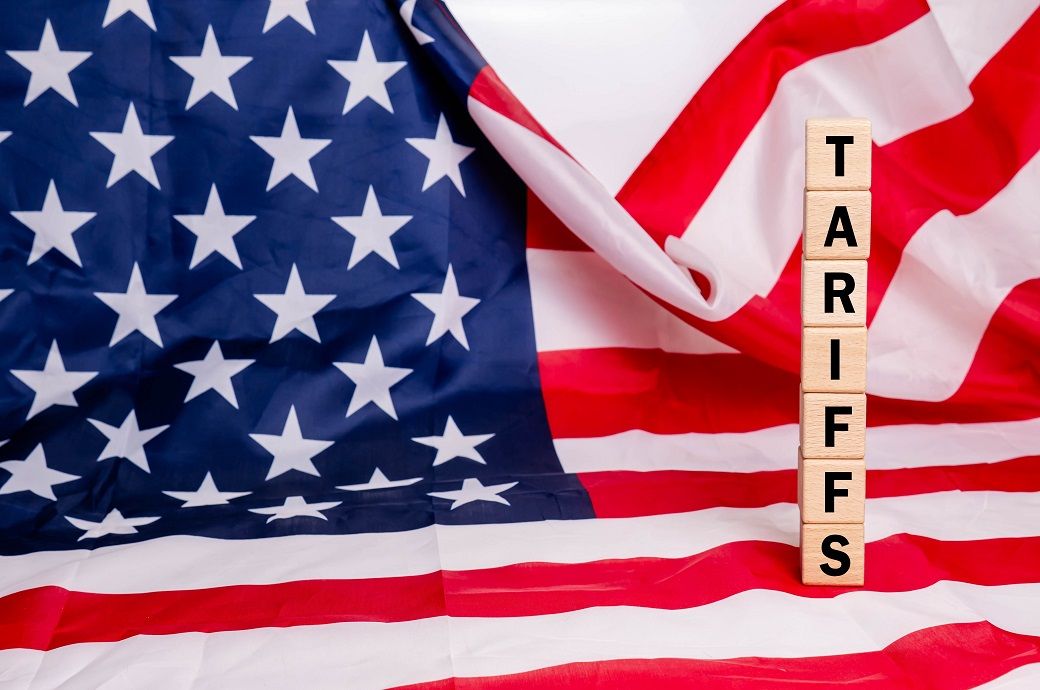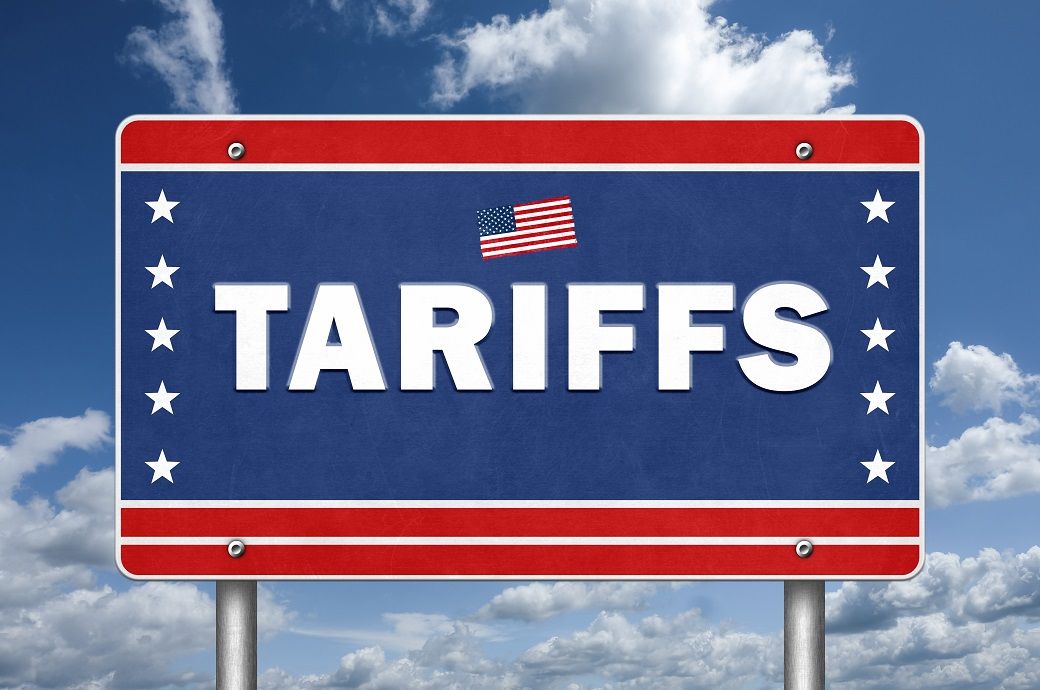Prepare for Changes to the Shareholder Engagement Process
As companies prepare for engagement with their shareholders in connection with the 2025 annual meeting season, they should be prepared for a change in the approach followed by institutional investors. These changes are being driven by recent Securities and Exchange Commission (SEC) staff guidance related to the ability of institutional investors to report their beneficial […]

Brian V. Breheny, Raquel Fox, and Marc S. Gerber are Partners at Skadden, Arps, Slate, Meagher & Flom LLP. This post is based on a Skadden memorandum by Mr. Breheny, Ms. Fox, Mr. Gerber, Joshua Shainess, and Kyle Wiley.
As companies prepare for engagement with their shareholders in connection with the 2025 annual meeting season, they should be prepared for a change in the approach followed by institutional investors. These changes are being driven by recent Securities and Exchange Commission (SEC) staff guidance related to the ability of institutional investors to report their beneficial ownership of more than 5% of a company’s voting, equity securities with the SEC on Schedule 13G.
On February 11, 2025, the staff of the SEC’s Division of Corporation Finance issued updated and new guidance regarding the eligibility of shareholders to file Schedule 13G instead of Schedule 13D beneficial ownership reports. The guidance notes that a shareholder’s ability to report on Schedule 13G depends on whether it holds the securities with a purpose or effect of “changing or influencing” control of the issuer. The staff withdrew previous guidance that stated that engagement with management on executive compensation, environmental, social or other public interest issues, or corporate governance topics unrelated to a change of control typically would not prevent the company from using Schedule 13G.















































































































































































